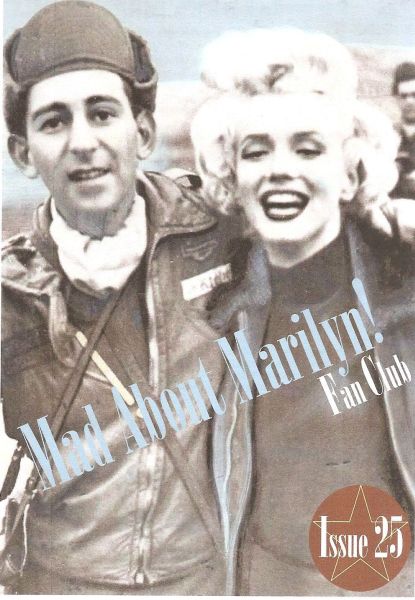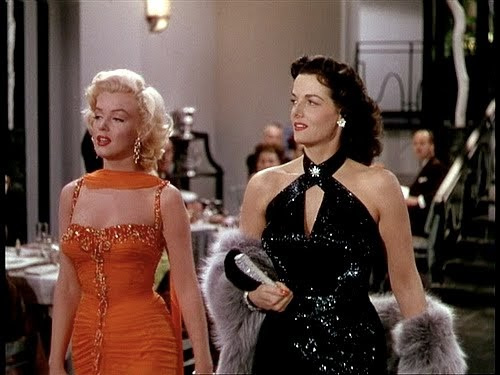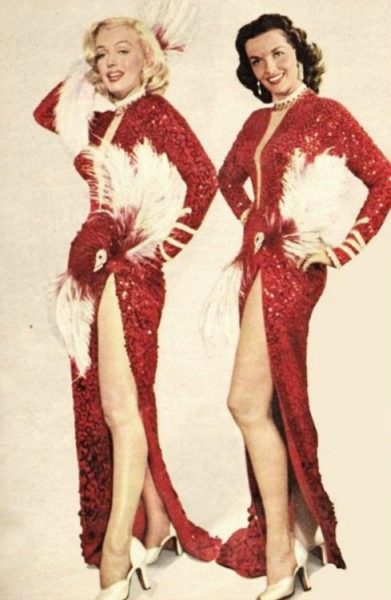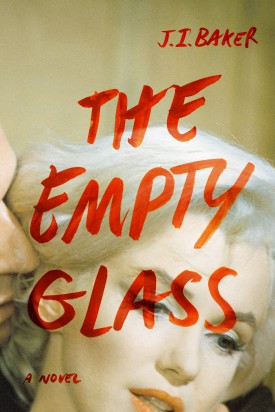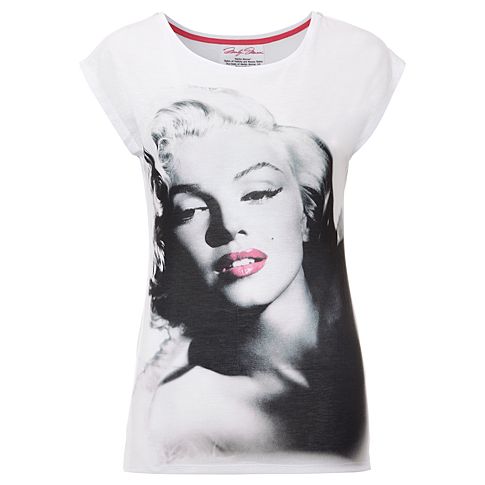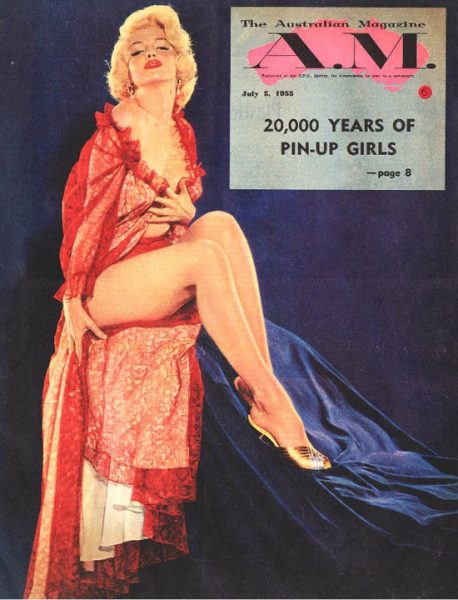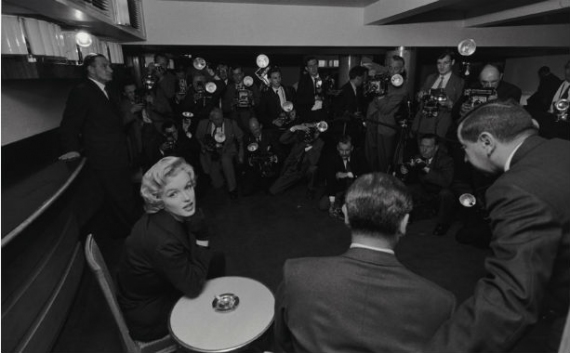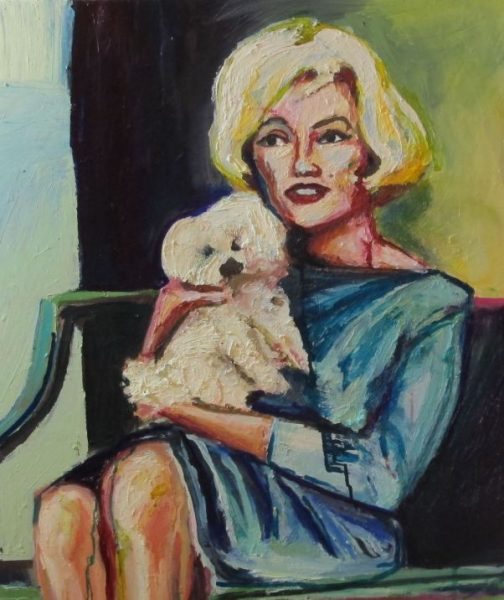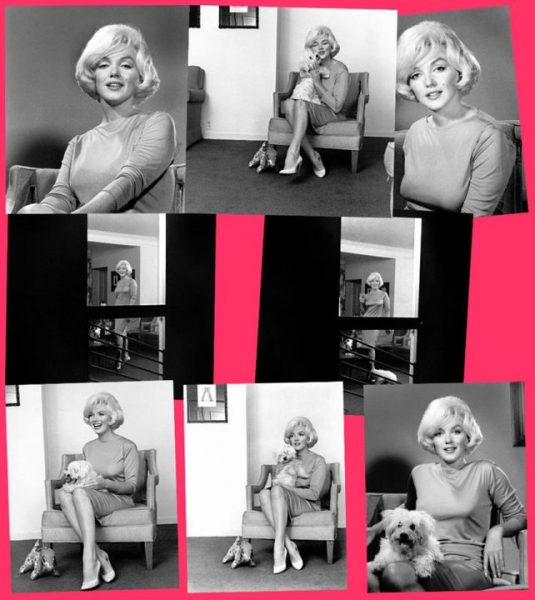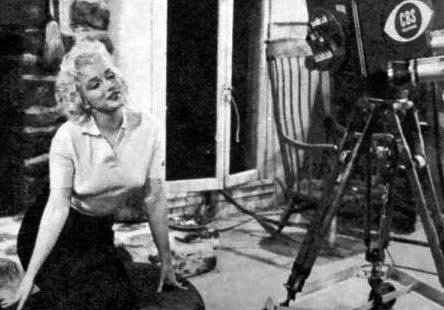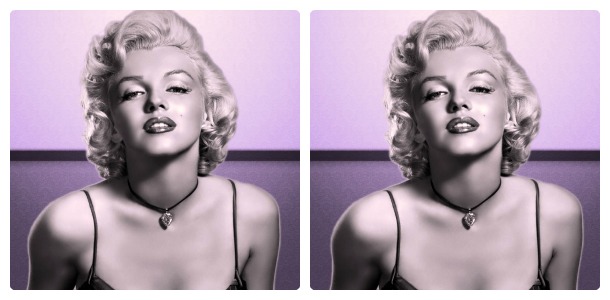“With: F. Murray Abraham, Elizabeth Banks, Adrien Brody, Ellen Burstyn, Glenn Close, Hope Davis, Viola Davis, Jennifer Ehle, Ben Foster, Paul Giamatti, Jack Huston, Stephen Lang, Lindsay Lohan, Janet McTeer, Jeremy Piven, Oliver Platt, David Strathairn, Marisa Tomei, Lili Taylor, Uma Thurman, Evan Rachel Wood, Lois Banner, George Barris, Patricia Bosworth, Sarah Churchwell, Amy Greene, Molly Haskell, Jay Kanter, Richard Meryman, Thomas Schatz, Donald Spoto.
Two unearthed boxes of diary entries, letters and whatnot (some of which were published in 2010 as Fragments: Poems, Intimate Notes, Letters by Marilyn Monroe) provide the novelty and appeal to what would otherwise be a standard life-overview. The erstwhile Norma Jean Baker’s awful childhood, her stormy marriages to Joe DiMaggio and Arthur Miller, the paralyzing effects of her insecurities on film shoots, her problematic alliance with the Actors Studio, her pill consumption, et al., all constitute familiar terrain that makes Love, Marilyn seem redundant at times.
The first-person testimonies are more interesting, from archival clips of Susan Strasberg, John Huston, Joshua Logan, Jane Russell, Laurence Olivier and others to excerpts from memoirs and other writings by one of her many shrinks (read by F. Murray Abraham), Miller (David Strathairn), and analysts Gloria Steinem (Hope Davis) and Norman Mailer (Ben Foster), among others. Particularly flavorful are Oliver Platt and Paul Giamatti as Billy Wilder and George Cukor, respectively, both recalling their exasperation working with the hypersensitive box office sensation. There are also present-tense interviews with biographers, critics, Actors Studio contemporary Ellen Burstyn, and close non-celebrity friend Amy Greene (who shares some salty thoughts on Marilyn’s husbands).
While there’s no question Garbus has recruited first-rate talent to pay homage here, some of the most impressive names prove heavy-handed or simply miscast in attempting to channel the love goddess’s fragile spirit; moreover, having them act against green-screened archival materials has a tacky, pop-up televisual feel. Probably most effective in their straightforward readings are Jennifer Ehle, who gets a fair amount of screentime, and (perhaps surprisingly) Lindsay Lohan, who does not.
Limiting clips from predictable movie highlights, and skipping over several well-known titles entirely, the pic tries to emphasize lesser-known materials, including numerous candid photos, behind-the-scenes footage, and one uncomfortable live appearance on TV’s Person to Person.”
